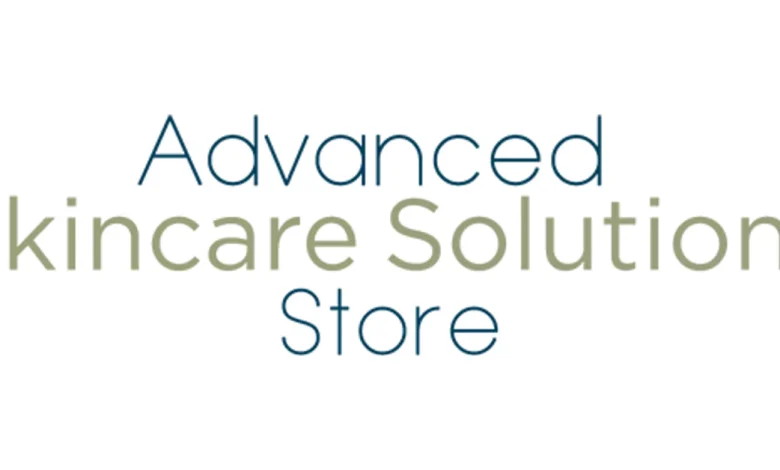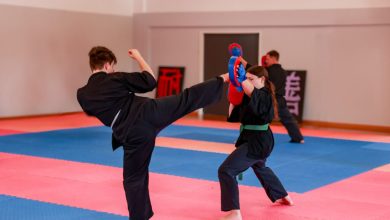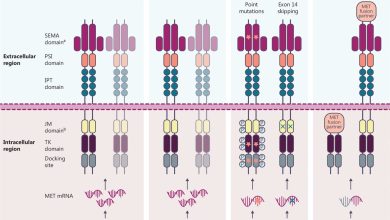Comprehensive Skincare Solutions: Effective Methods and Products for Radiant and Healthy Skin
Skincare Solutions

Table of Contents
ToggleIntroduction to Skincare Solutions
Skincare is an essential aspect of personal health and wellness. The skin, being the largest organ of the human body, requires diligent care to maintain its vitality and prevent issues such as acne, dryness, aging, and sun damage. With a myriad of skincare products and methods available, choosing the right solutions can be daunting. This guide aims to provide a comprehensive overview of effective skincare solutions, highlighting various treatments and products that cater to different skin types and concerns.
Understanding Your Skin Type
Before delving into specific skincare solutions, it is crucial to understand your skin type. Skin types generally fall into five categories: normal, oily, dry, combination, and sensitive.
- Normal Skin: Balanced, not too oily or dry, with few imperfections.
- Oily Skin: Shiny, prone to acne and blackheads due to excess sebum production.
- Dry Skin: Flaky, rough texture, often feels tight and may have visible lines.
- Combination Skin: A mix of oily and dry areas, typically oily in the T-zone (forehead, nose, and chin) and dry elsewhere.
- Sensitive Skin: Easily irritated, prone to redness and allergic reactions.
Daily Skincare Routine
A consistent daily skincare routine is fundamental to maintaining healthy skin. Here are the essential steps:
- Cleansing: Cleansing removes dirt, oil, and impurities. Choose a cleanser suited to your skin type – gel cleansers for oily skin, cream cleansers for dry skin, and gentle, fragrance-free cleansers for sensitive skin.
- Exfoliation: Exfoliating sloughs off dead skin cells, promoting cell turnover and revealing smoother skin. Use a gentle exfoliant two to three times a week to avoid over-exfoliation, which can lead to irritation.
- Toning: Toners help balance the skin’s pH and tighten pores. Look for alcohol-free toners with soothing ingredients like witch hazel or rose water.
- Moisturizing: Moisturizers hydrate and protect the skin. Use lightweight, non-comedogenic moisturizers for oily skin and richer, hydrating creams for dry skin. Sensitive skin benefits from hypoallergenic and fragrance-free formulas.
- Sun Protection: Sunscreen is vital in protecting the skin from harmful UV rays. Use broad-spectrum SPF 30 or higher daily, regardless of the weather.
Specialized Skincare Treatments
In addition to a daily routine, specialized treatments can address specific skin concerns.
Acne Solutions
Acne is a common skin condition that affects people of all ages. Effective treatments include:
- Topical Treatments: Benzoyl peroxide, salicylic acid, and retinoids can reduce acne lesions and prevent new breakouts.
- Oral Medications: Antibiotics, hormonal treatments, and isotretinoin are prescribed for severe cases.
- Professional Treatments: Chemical peels, laser therapy, and blue light therapy can help manage persistent acne.
Anti-Aging Solutions
Aging skin requires targeted solutions to reduce fine lines, wrinkles, and age spots:
- Retinoids: Vitamin A derivatives that boost collagen production and accelerate cell turnover.
- Antioxidants: Vitamins C and E, and other antioxidants, protect the skin from free radical damage.
- Peptides: Amino acids that promote collagen production and skin elasticity.
- Hyaluronic Acid: A powerful hydrator that plumps the skin and reduces the appearance of wrinkles.
Hyperpigmentation Solutions
Hyperpigmentation, or dark spots, can be addressed with:
- Brightening Agents: Ingredients like vitamin C, niacinamide, and licorice extract lighten dark spots.
- Chemical Peels: Exfoliate the skin to improve uneven skin tone.
- Laser Treatments: Target and break down pigment clusters in the skin.
Natural and DIY Skincare Solutions
Many individuals prefer natural and DIY skincare solutions for their simplicity and the absence of harsh chemicals. Popular ingredients include:
- Aloe Vera: Soothes and hydrates the skin.
- Honey: Antibacterial properties make it effective for acne-prone skin.
- Green Tea: Rich in antioxidants, reduces inflammation.
- Oatmeal: Calms sensitive skin and relieves itching.
DIY masks and scrubs can be made using these ingredients, providing cost-effective and gentle skincare alternatives.
The Role of Nutrition in Skincare
Diet plays a significant role in skin health. Consuming a balanced diet rich in vitamins, minerals, and antioxidants can enhance your skincare regimen. Key nutrients include:
- Vitamin C: Promotes collagen production and protects against UV damage.
- Vitamin E: Supports skin barrier function and prevents moisture loss.
- Omega-3 Fatty Acids: Found in fish oil, reduce inflammation and improve skin hydration.
- Zinc: Essential for skin repair and regeneration.
Hydration is also crucial; drinking plenty of water helps maintain skin elasticity and flush out toxins.
Choosing the Right Skincare Products
With countless skincare products on the market, selecting the right ones can be overwhelming. Here are some tips:
- Read Ingredients: Avoid products with alcohol, fragrances, and harsh chemicals that can irritate the skin.
- Patch Test: Test new products on a small area of skin to check for adverse reactions.
- Seek Professional Advice: Consult a dermatologist to tailor a skincare regimen to your specific needs.
The Importance of Consistency
Consistency is key to effective skincare. It can take weeks or even months to see noticeable improvements, so patience and perseverance are essential. Stick to your routine, adjust as needed, and monitor your skin’s response to different products and treatments.
Advanced Skincare Treatments
For those seeking more advanced skincare solutions, there are numerous professional treatments available:
Microneedling
Microneedling involves using fine needles to create tiny punctures in the skin. This process stimulates collagen production and can improve the appearance of scars, fine lines, and large pores.
Chemical Peels
Chemical peels use acids to exfoliate the outer layers of skin, promoting cell turnover and revealing a fresher complexion. They are effective for treating acne scars, hyperpigmentation, and signs of aging.
Laser Therapy
Laser treatments can target various skin concerns, from reducing wrinkles and pigmentation to removing unwanted hair and treating spider veins. Different types of lasers are used depending on the specific issue.
Microdermabrasion
Microdermabrasion is a non-invasive procedure that exfoliates the skin using a diamond-tipped wand or fine crystals. It improves skin texture, reduces the appearance of fine lines, and enhances overall radiance.
Incorporating Skincare Tools
In addition to topical products and professional treatments, incorporating skincare tools can enhance your routine:
- Facial Rollers: Made of jade or rose quartz, facial rollers help with lymphatic drainage, reduce puffiness, and improve blood circulation.
- Cleansing Brushes: These electronic brushes provide a deeper cleanse compared to manual cleansing, helping to remove impurities and exfoliate the skin.
- LED Light Therapy: Devices that emit different wavelengths of light to address specific skin concerns, such as blue light for acne and red light for anti-aging.
Environmental Factors and Skincare
Environmental factors such as pollution, weather, and UV exposure can significantly impact your skin. Here are ways to protect your skin from environmental stressors:
- Pollution: Use antioxidant-rich products to neutralize free radicals caused by pollution. Cleansing your skin thoroughly at the end of the day is essential.
- Weather: Adapt your skincare routine according to the season. In winter, use heavier moisturizers to combat dryness, while in summer, opt for lighter, oil-free products to prevent clogged pores.
- UV Exposure: Sun protection is crucial year-round. Wear sunscreen daily and consider adding protective clothing and hats for added defense against UV rays.
Holistic Skincare Practices
Holistic approaches to skincare focus on overall wellness and lifestyle choices that affect skin health:
- Stress Management: Chronic stress can exacerbate skin conditions like acne and eczema. Practice stress-reducing activities such as yoga, meditation, and deep breathing exercises.
- Sleep: Quality sleep is vital for skin repair and regeneration. Aim for 7-9 hours of sleep per night to support skin health.
- Exercise: Regular physical activity improves blood circulation, delivering oxygen and nutrients to the skin and promoting a healthy glow.
Conclusion
Skincare is a multifaceted journey that involves understanding your skin type, following a daily regimen, using specialized treatments, incorporating natural solutions, maintaining a nutritious diet, choosing the right products, and considering environmental and holistic factors. By adopting a comprehensive approach to skincare, you can achieve radiant, healthy skin and address various concerns effectively. Remember, the best skincare solution is one that is consistent, personalized, and adapts to your skin’s evolving needs. With patience, perseverance, and the right knowledge, you can navigate the vast world of skincare and find the solutions that work best for you.








